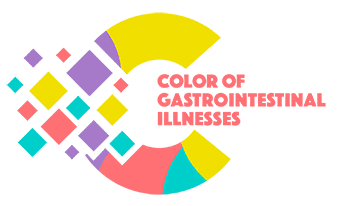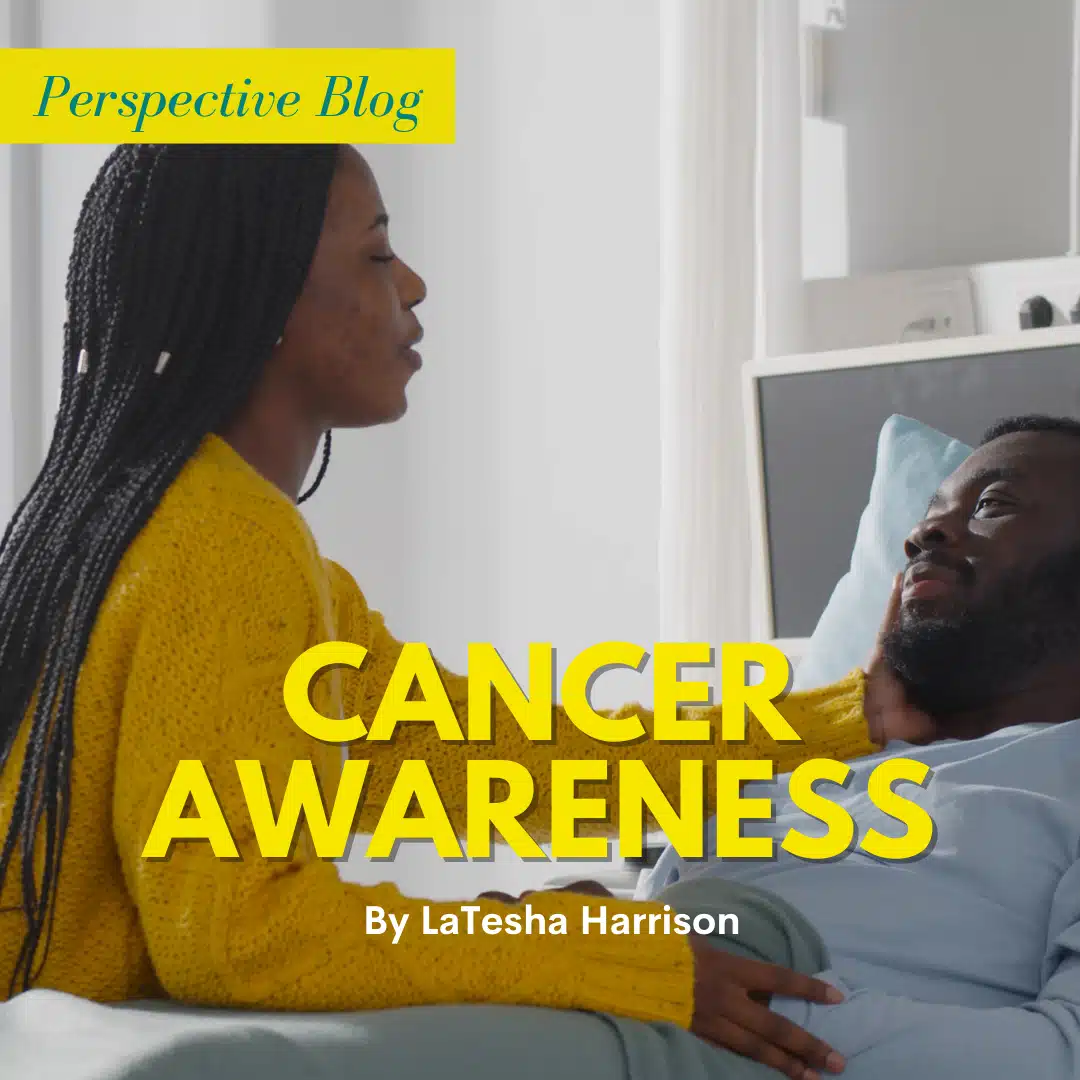World Cancer Day is February 4th. This worldwide event allows us to raise awareness by improving education, demanding our government to take more action, and by working with our local chapters in the prevention of millions of cancer deaths by allowing individuals in the community access to lifesaving cancer treatments. World Cancer Day is a positive movement that allows everyone to unite under one voice to face this great challenge. The theme for this year is “Close the Care Gap”, where we are working hard to close the equity gap that affects almost everyone in any social economic class.
What is Cancer?
Cancer is a disease that occurs when normal cells in your body start to grow abnormally and uncontrollably, clumping together causing tumors. Leukemia is the only cancer that do not cause tumors because it is cancer of the blood. If left untreated, these tumors can spread throughout your body via the bloodstream or your lymphatic system. Your digestive, nervous and circulatory systems are all at risk once the cancer has spread throughout your body.
Types of Tumors
Cancer tumors are divided into 3 groups:
Benign tumors: These tumors are non-cancerous and non-life threatening. They tend to grow slow and tend not to spread to any other body part. These tumors become a nuisance once they grow big enough to need surgical intervention.
Malignant tumors: These tumors are cancerous and could spread to other parts of your body. These tumors grow quite rapidly and will need some type of medical intervention.
Precancerous tumors: These tumors are abnormal and can become cancerous later.
Types of Cancers
Carcinoma: This type of cancer originates from the cells that line body organs.
Sarcoma: This type of cancer originates in the bone or soft tissue of the body.
Lymphoma or Myeloma: This type of cancer originates in the body’s immune system.
Leukemia: This type of cancer originates in the body’s white blood cells and bone marrow.
Brain and spinal cord: This type of cancer originates in the body’s central nervous system.
The top 3 most diagnosed cancers in 2020 were:
- Breast (2.26 million)
- Lung (2.21 million)
- Colon & rectum (1.93 million)
Cancer and the IBD Community
Individuals with Inflammatory Bowel Disease (IBD) such as Crohn’s Disease and Ulcerative Colitis are high risk of developing colon cancer. Studies show that this risk do not increase until you’ve had some form of IBD for 8 years or more. Doctors use tests such as colonoscopy and sigmoidoscopy to screen for colon cancer. These tests are also routine for IBD patients. With the appropriate screenings, colon cancer is preventable in individuals with IBD. It is recommended that you get screened yearly if you are in the high-risk category.
Another form of cancer IBD patients are at risk for is melanoma, which is a form of skin cancer. If this risk is present, you will be referred to a dermatologist for further testing.
Talk about cancer
We encourage you to use your voice and talk to your family, friends, and network. Having personal conversations about an issue that is important to you can be incredibly powerful in raising awareness and understanding of cancer, and ultimately help create action.
Resources:
World Health Organization (WHO)
www.uofmhealth.org
www.worldcancerday.org

